Instrumentation
Enhance your knowledge of LC-MS instrumentation with expert-designed training on key system components and maintenance. Learn about mass analyzers, including quadrupole, time-of-flight (ToF), and ion trap, to improve resolution and accuracy. Understand the importance of tuning for optimal sensitivity and peak performance. Explore vacuum systems and their role in maintaining ion transmission and detector efficiency. Designed for professionals in pharmaceuticals, environmental testing, food safety, forensics, and clinical research, these courses include animated content, real-world applications, and troubleshooting tips to help you keep your LC-MS system running smoothly. Start learning today to optimize your LC-MS instrumentation and achieve high-quality analytical results!
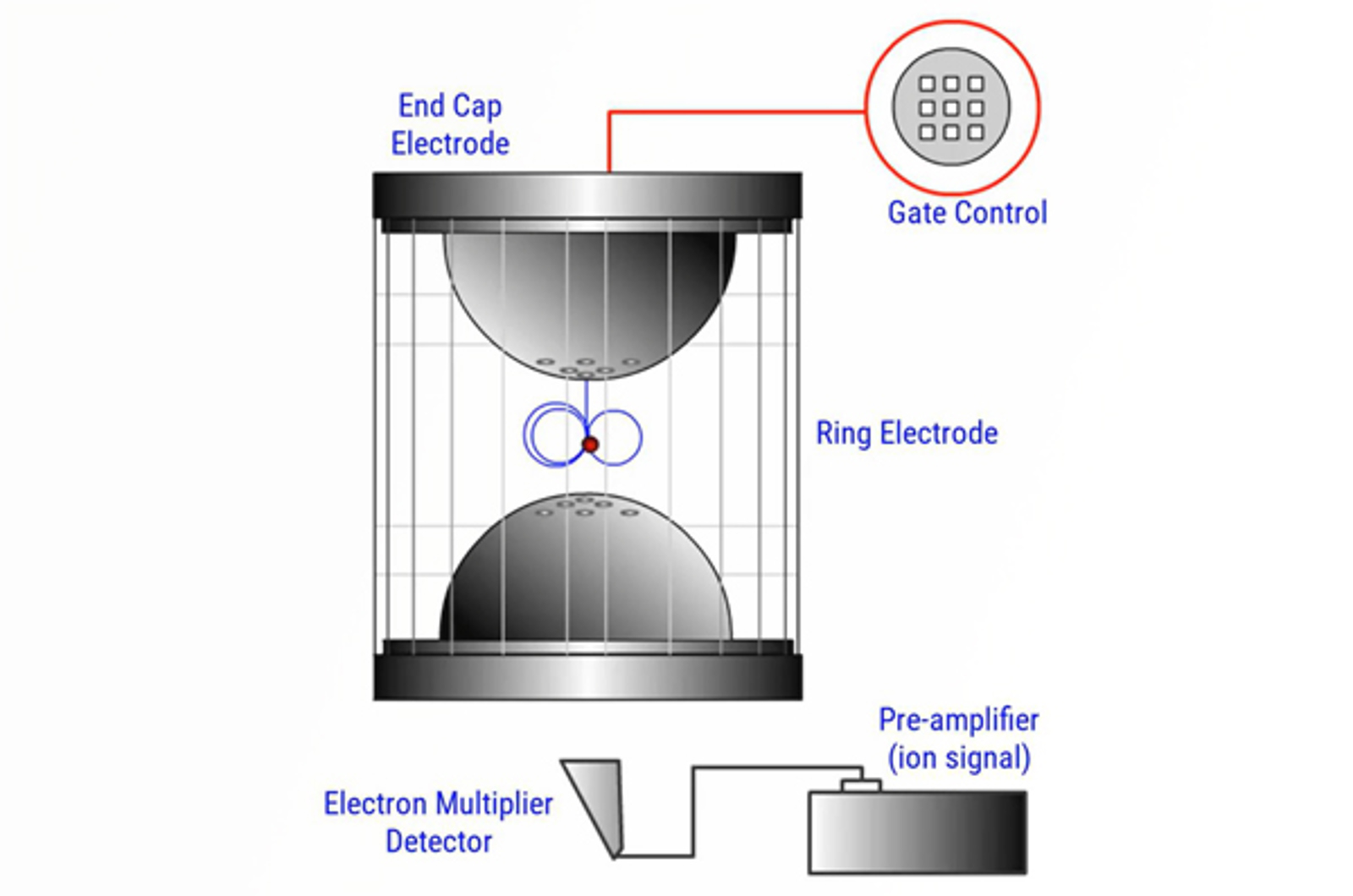
Ion Trap Mass Analyzers
Ion trap mass analyzers use oscillating electric fields (RF) to trap ions in a controlled manner. This module will explore the theory and principles of ion trap mass analyzers and their usefulness in qualitative analysis.
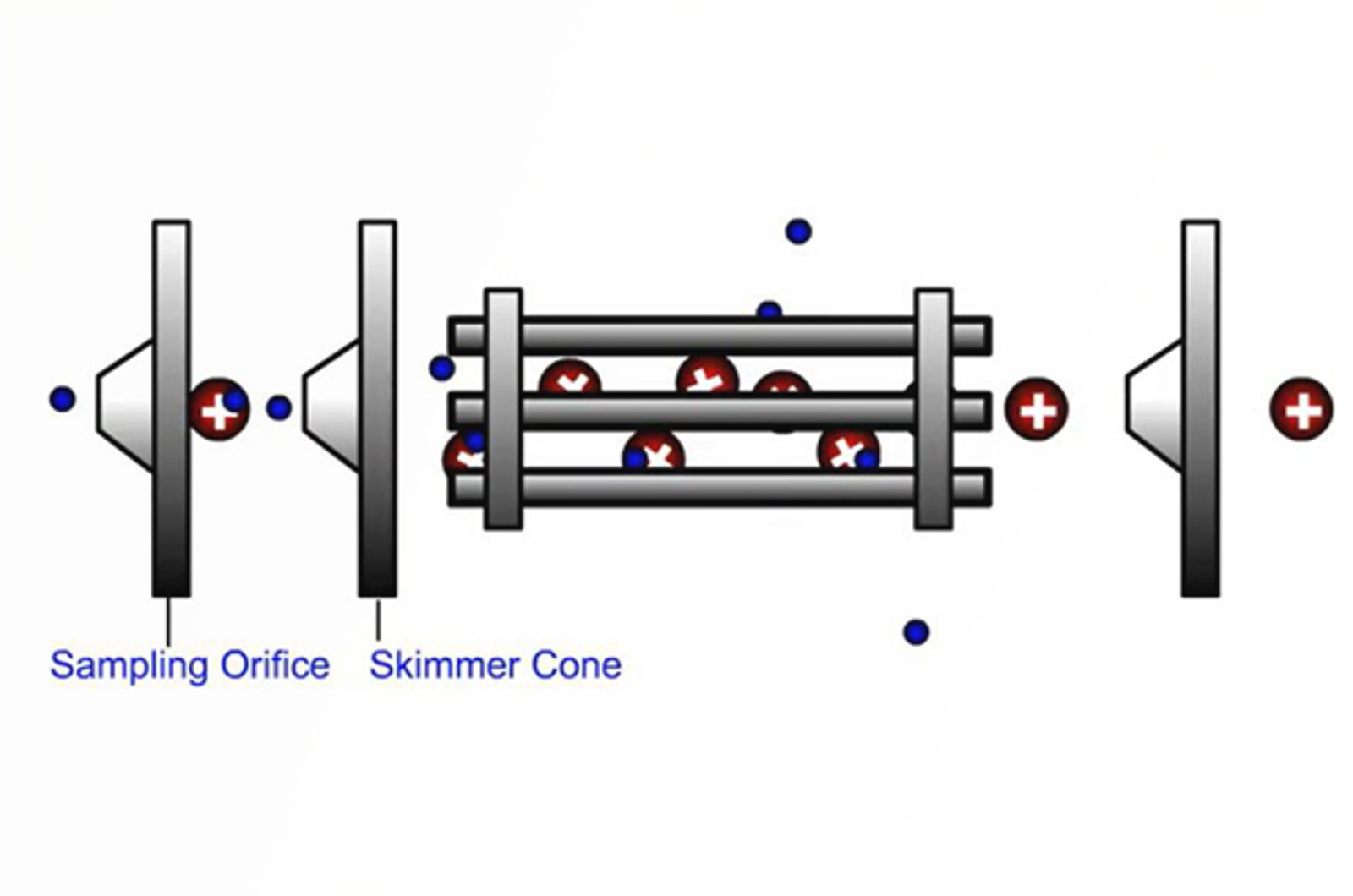
Quadrupole Mass Analyzers
In quadrupole mass analyzing devices, electric fields are used to separate ions according to their mass-to-charge ratio (m/z) as they pass along the central axis of four parallel equidistant rods (or poles) that have fixed (DC) and alternating (RF) voltages applied to them. This module will explain the theory and principles of quadrupole mass analyzers.
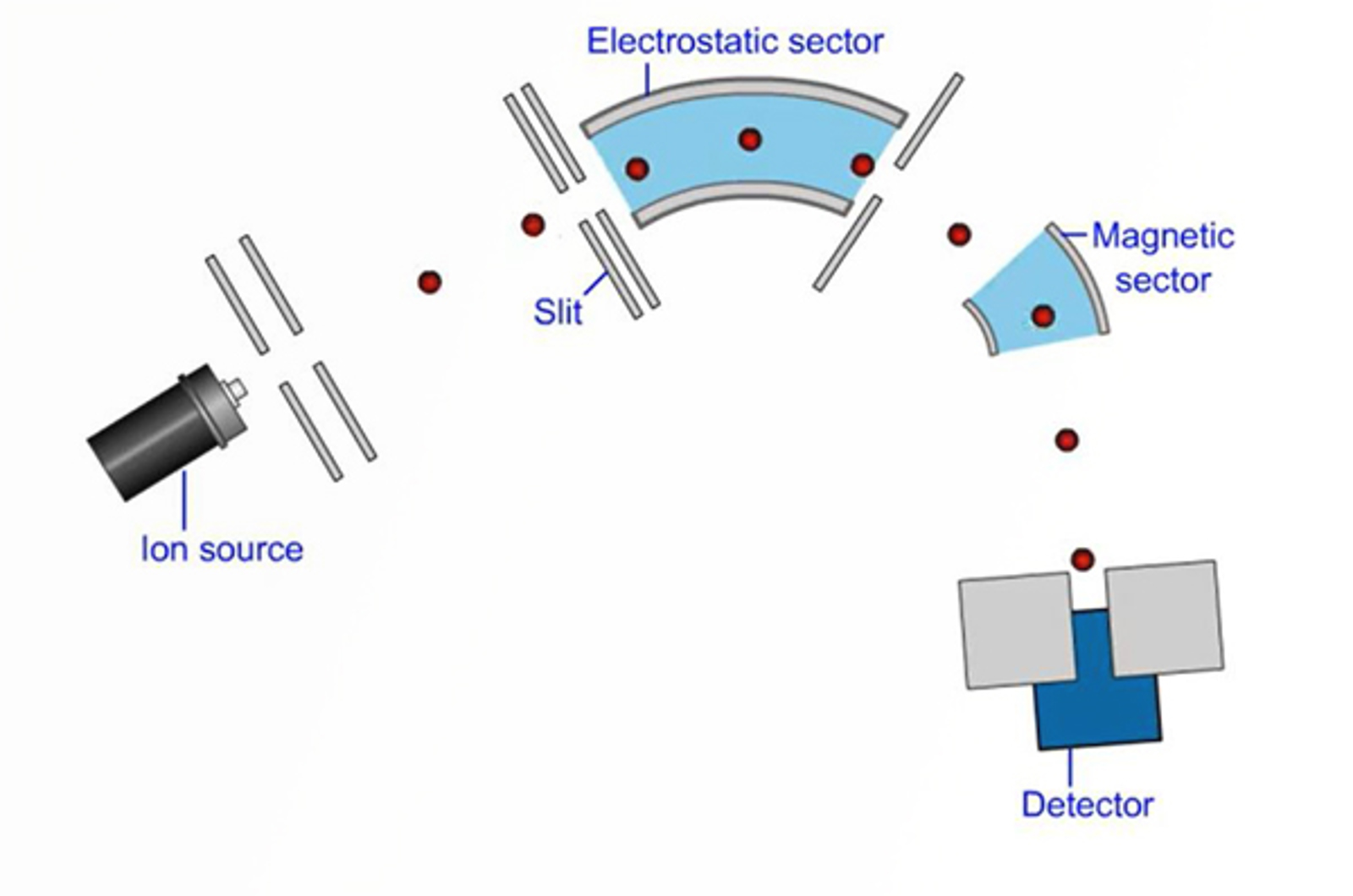
Magnetic Sector Mass Analyzers
This module will discuss the theory and practice of using magnetic sector mass analyzers. Magnet/electric sector instruments are employed for mass analysis using the principle that charged species can be deflected in magnetic and electric fields.
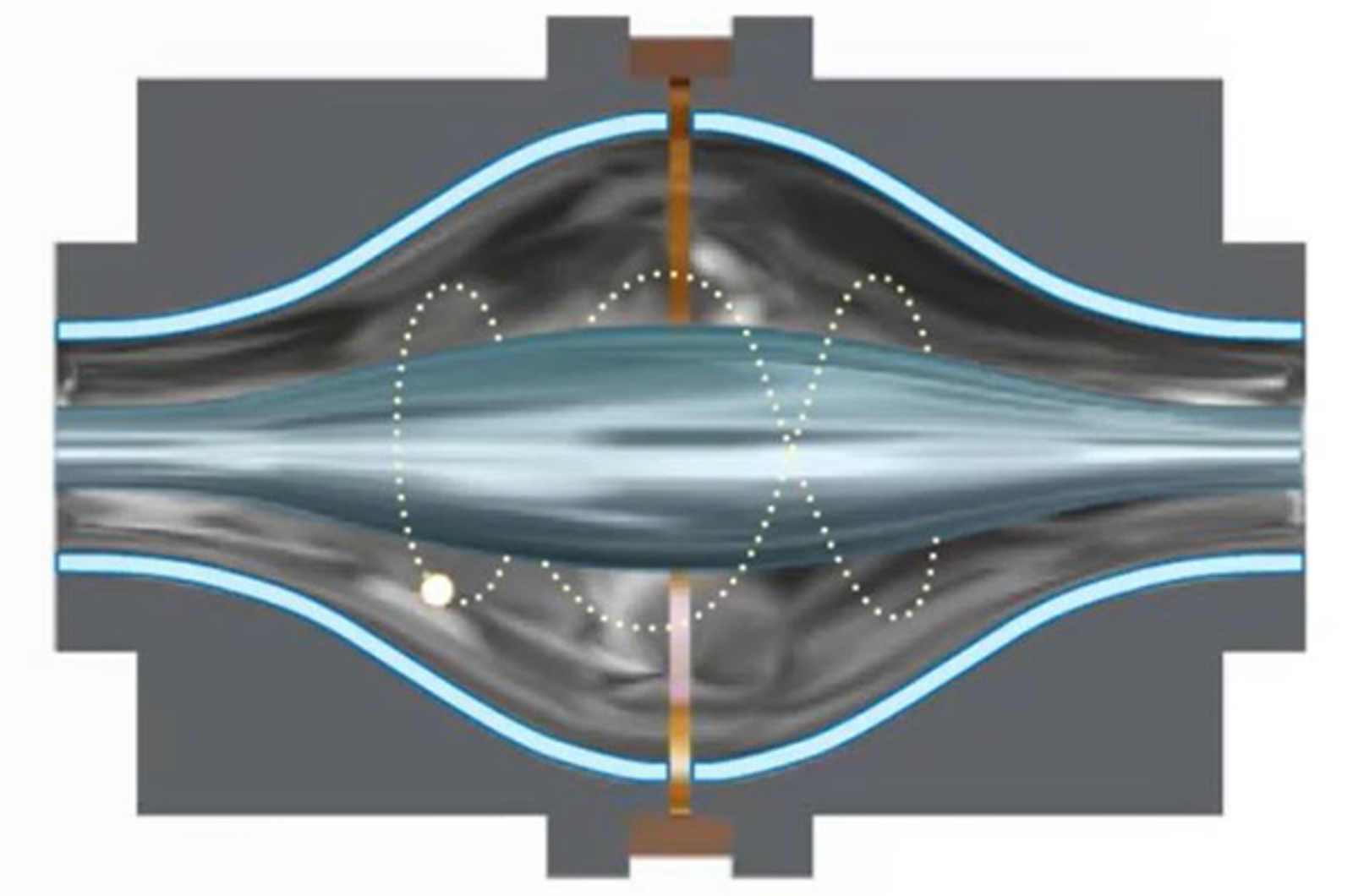
Orbitrap Mass Analyzers
Ion trapping techniques are important tools in mass spectrometry. However, traditional ion trap mass analyzers have disadvantages in either performance or high complexity and cost. This module will explore the theory and working principles of orbitrap mass analyzers.

Vacuum Systems
This module will discuss the different types of vacuum pumps available and explain the importance of vacuum in LC-MS.
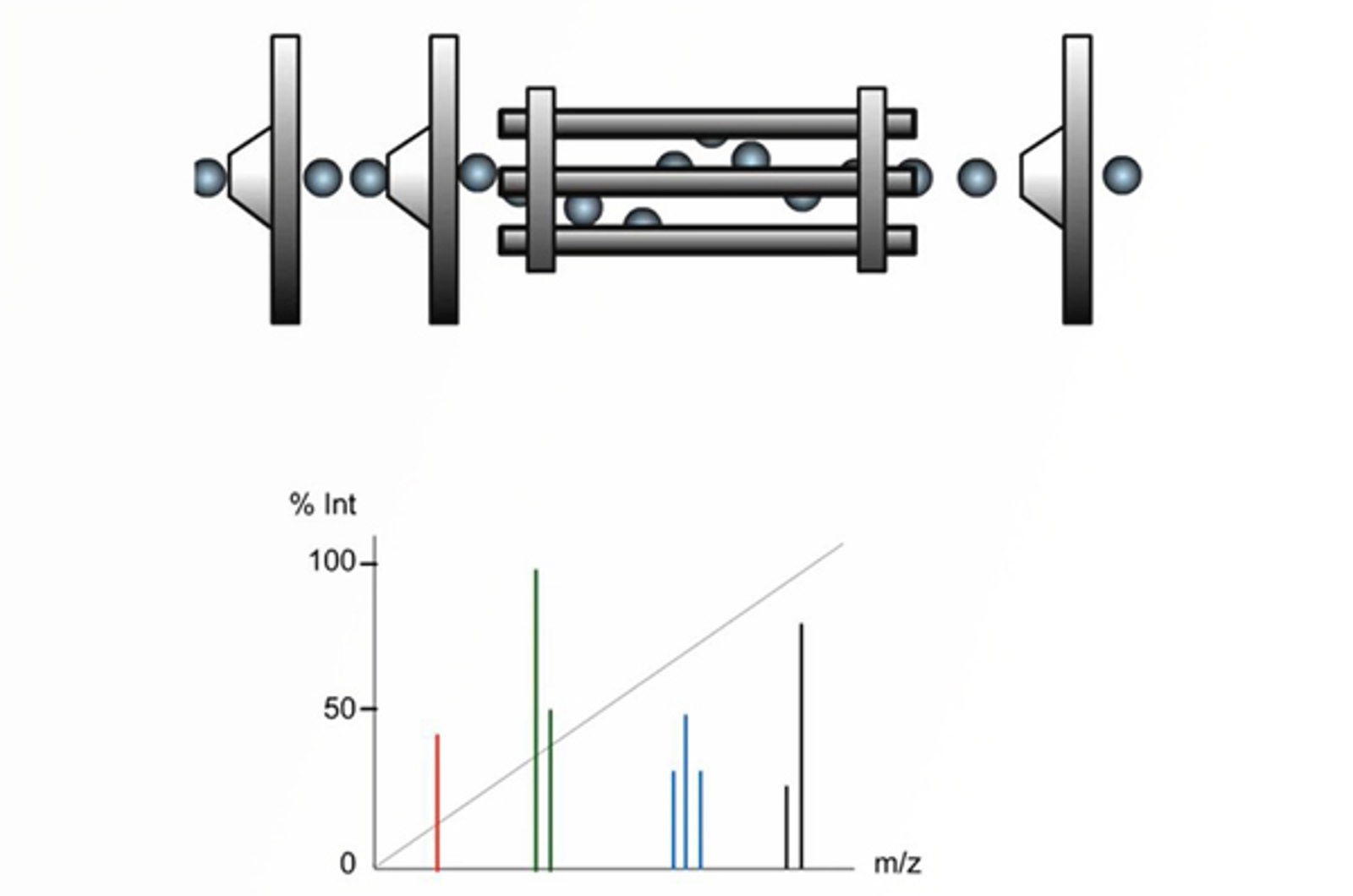
Introduction to Mass Analyzers
This module will introduce the commonly used mass analyzers for LC-MS.
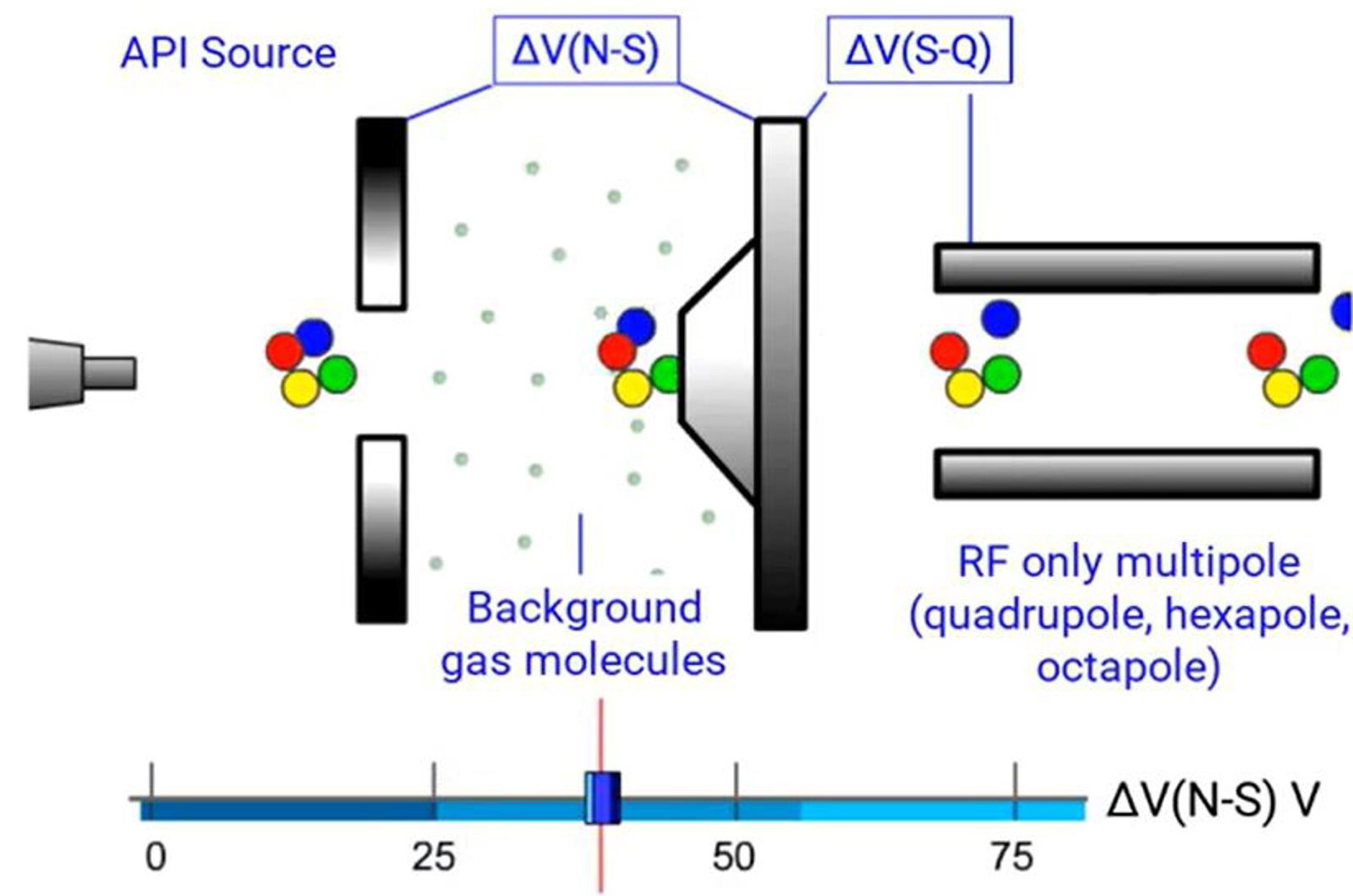
Electrospray Ionization Instrumentation
Electrospray is the dispersion of a liquid into electrically charged droplets, combining the two processes of droplet formation and droplet charging. This module discusses the major components of an electrospray interface and investigates methods for optimizing signal.
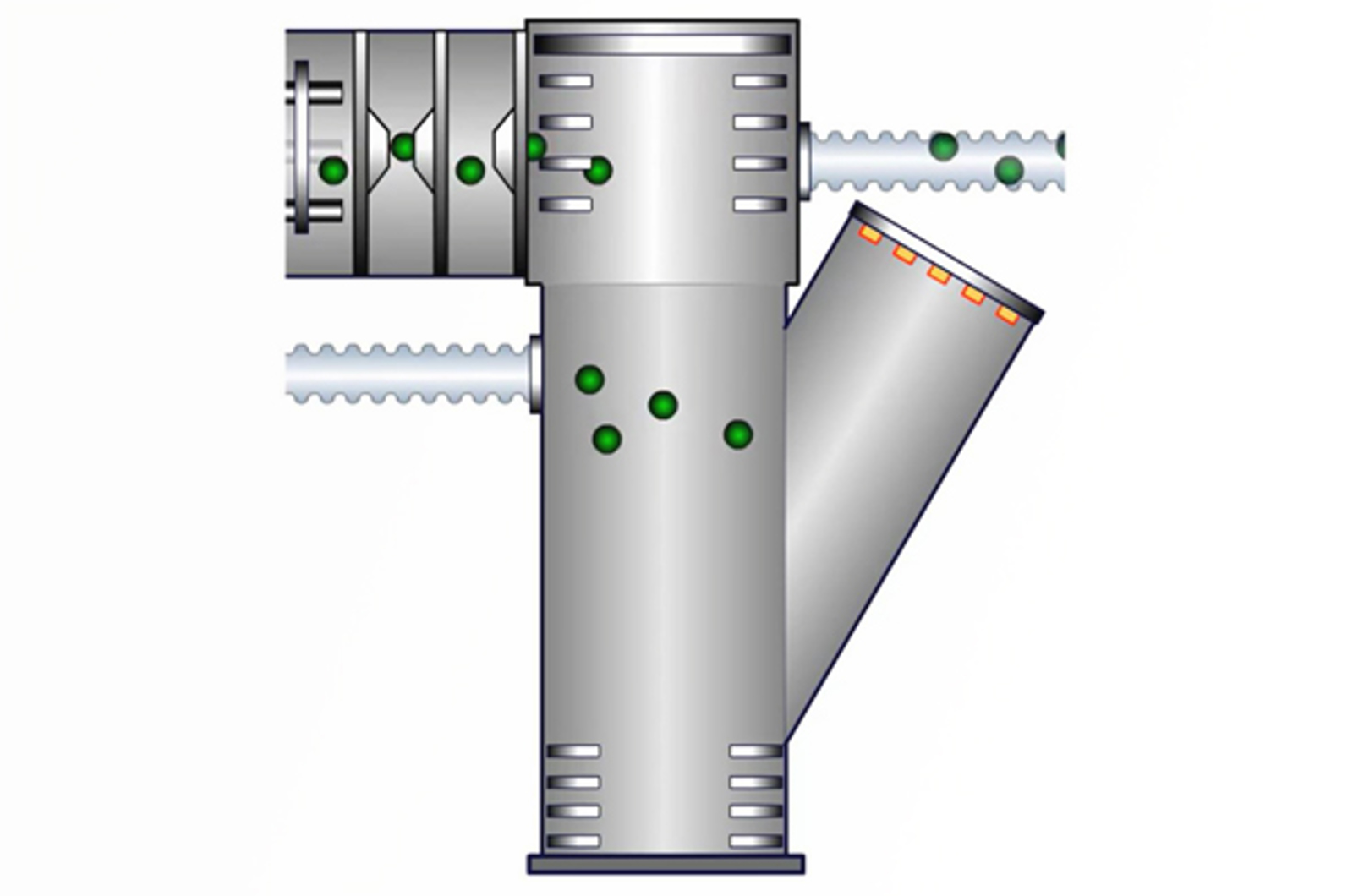
Time-of-Flight (ToF) Mass Analyzers
This module details the basic principles of mass analysis using time-of-flight (ToF) mass analyzers.
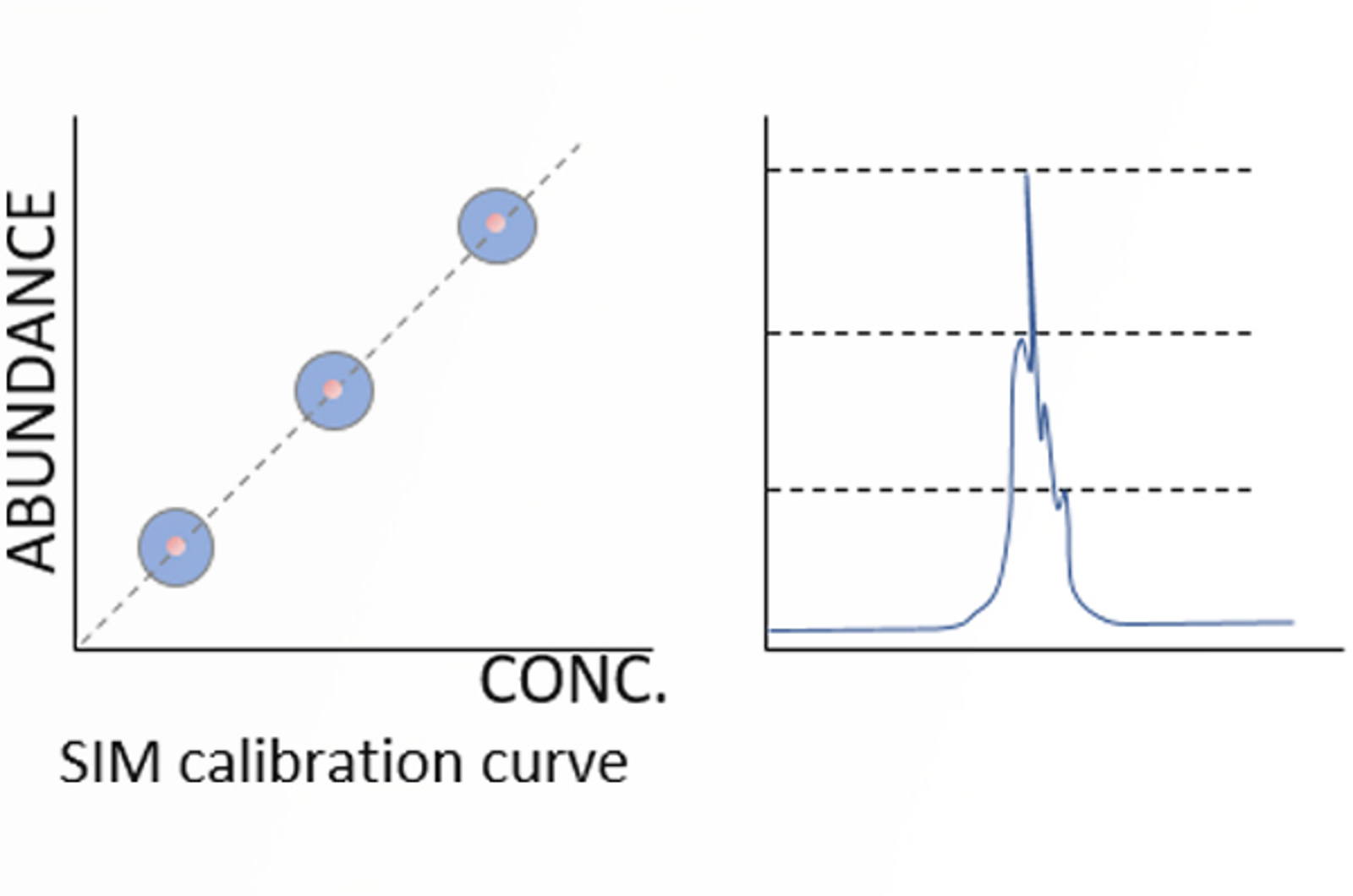
Everything You Need to Know About LC-MS Tuning and Calibration
Everything you need to know about LC-MS tuning and calibration.
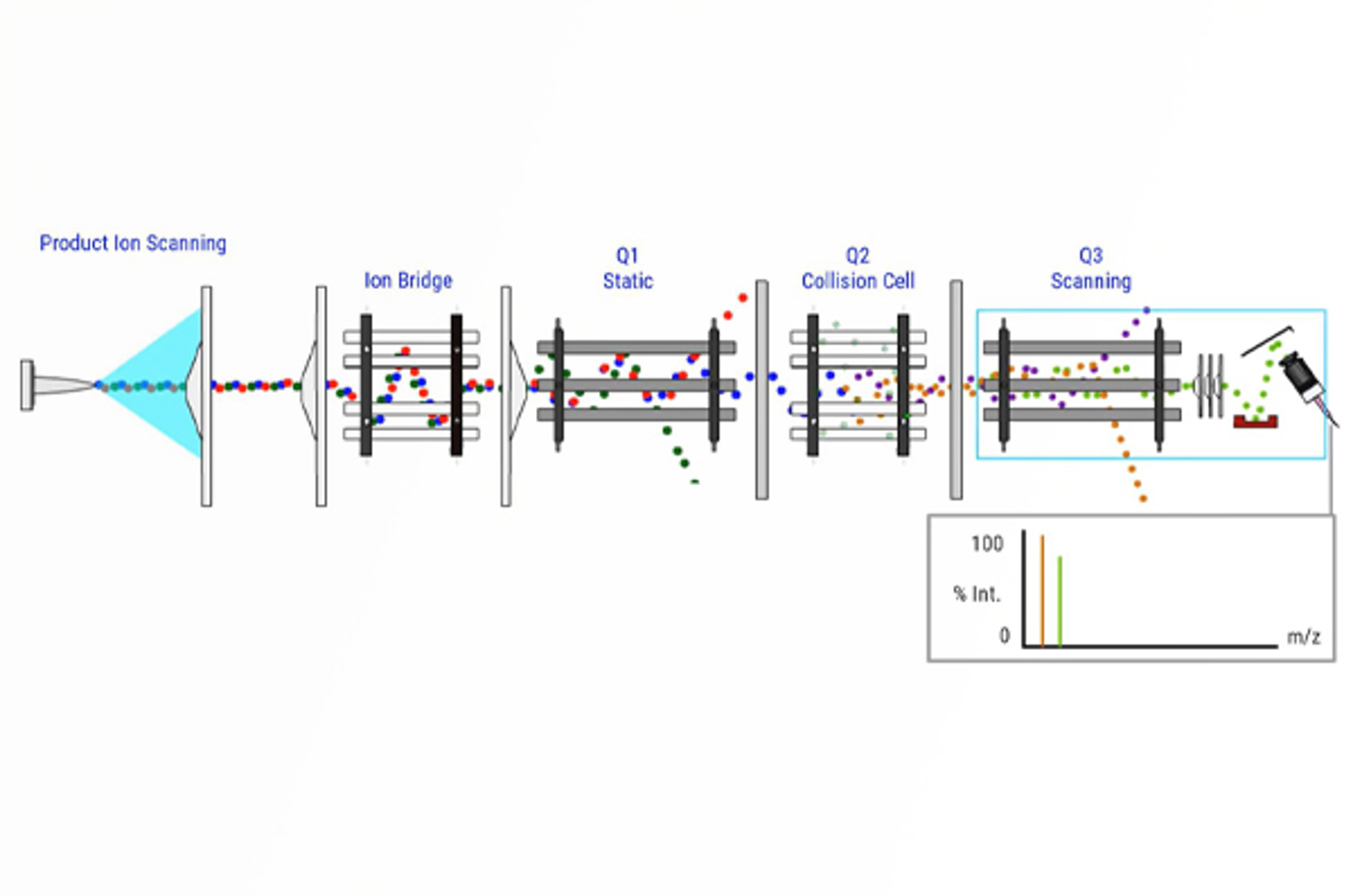
Quadrupole Analyzers and MS/MS Analysis
This webcast presents a definitive guide to the theory, instrumentation and application of quadrupole analysers and MS/MS analysis.
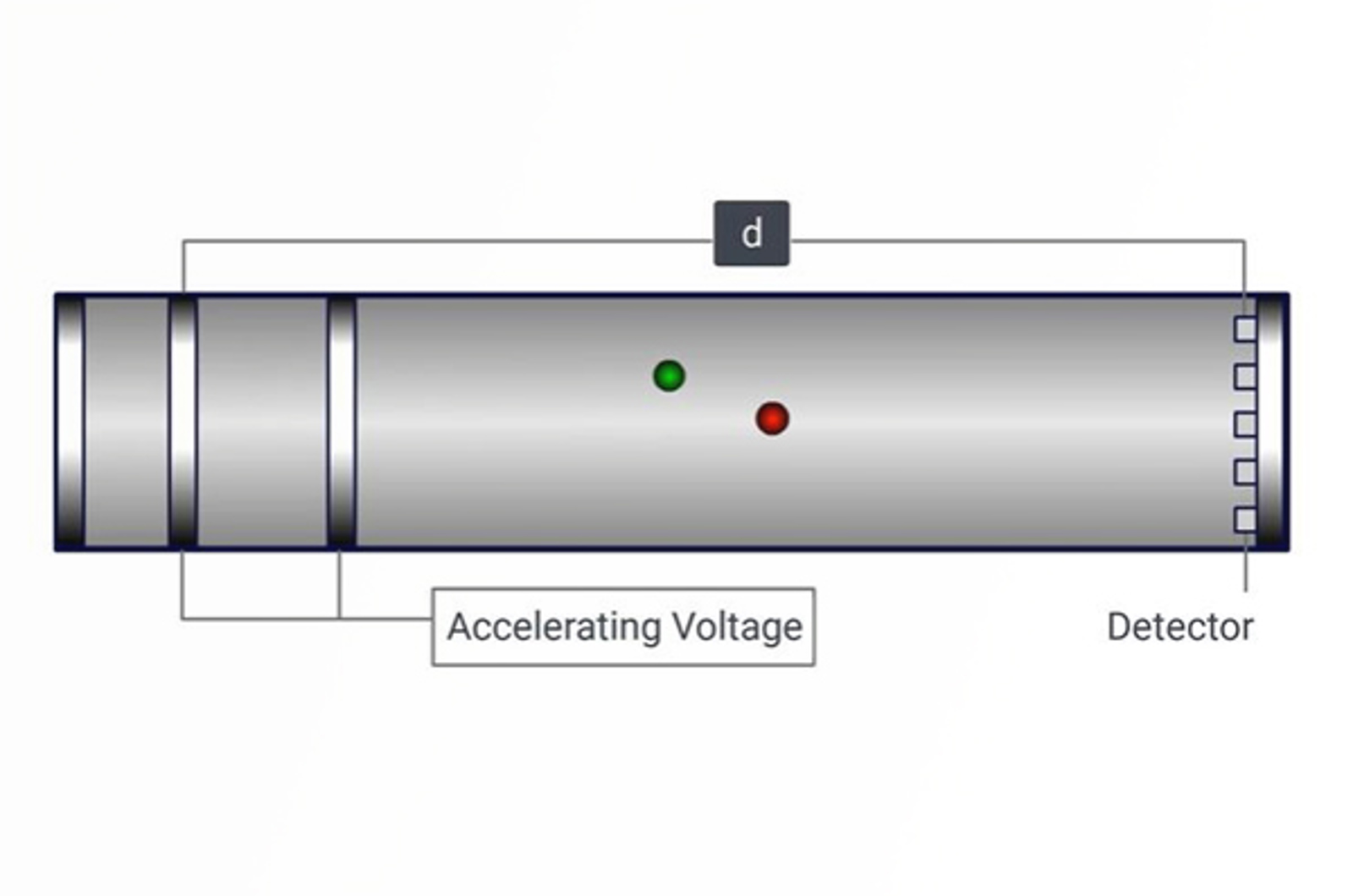
Understanding Mass Analyzers - Traps and ToFs
In this webcast, we present the fundamentals of ion trap and time-of-flight mass analyzers.
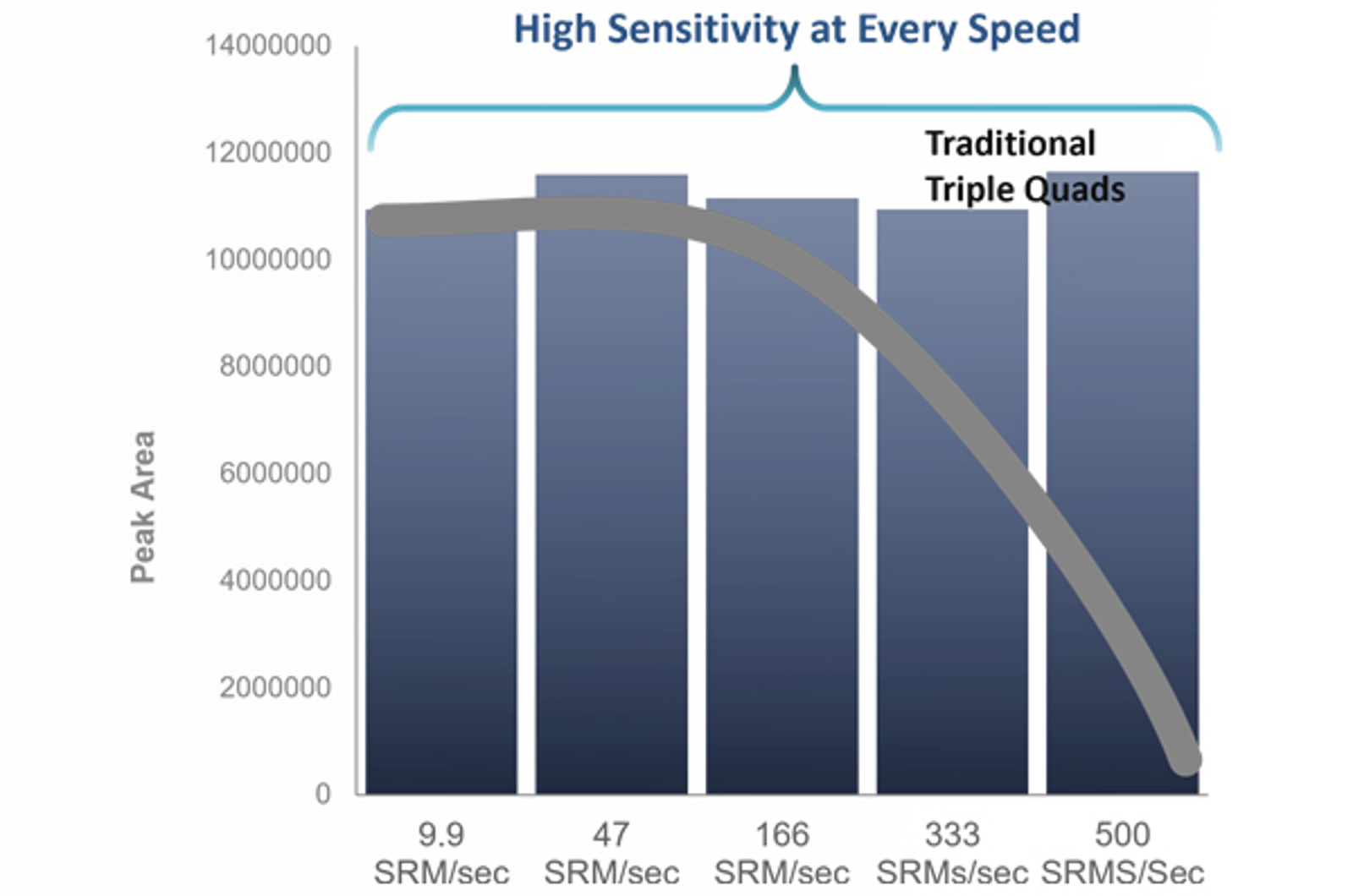
Fundamentals of Triple Quadrupole MS in Applied Markets
In this webcast we will discuss the fundamental principles and major developments within triple quadrupole technology which allows these challenges to be met and overcome.
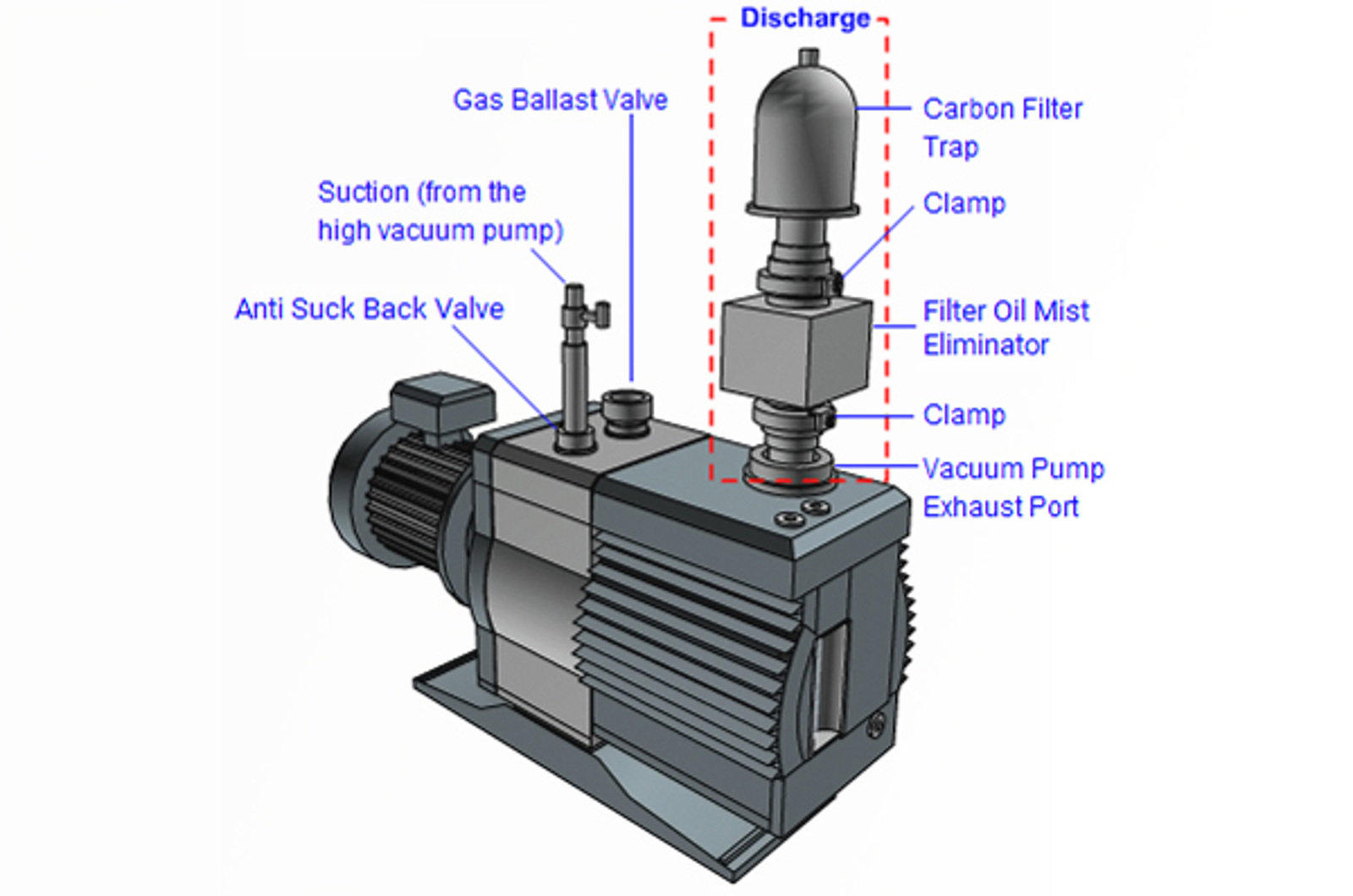
Vacuum Pump Maintenance
This quick guide discusses the maintenance of rotary, foreline, diffusion, and turbomolecular pumps.
